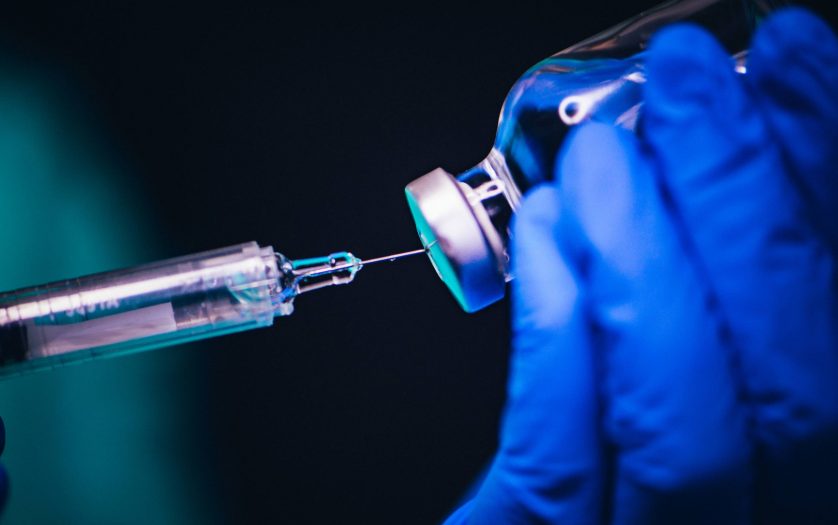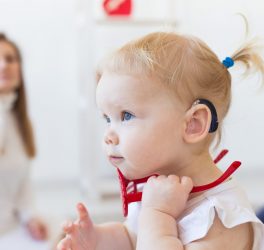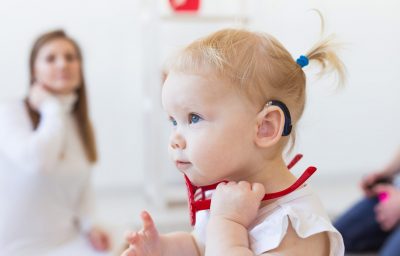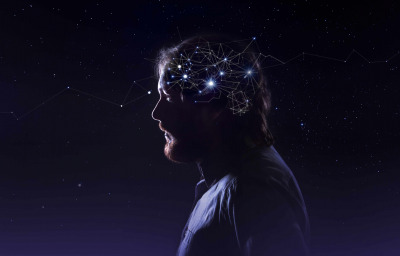
People with intellectual and developmental disabilities (IDD) are three times more likely to die from COVID-19 than the general population. Their heightened risk is due to a variety of causes: pre-existing health conditions, such as respiratory problems or obesity; increased likelihood of living in group homes, taking shared transportation, and being exposed to people outside their households; and struggles with safety precautions like mask-wearing or social distancing.
Now, faculty at Albert Einstein College of Medicine and clinicians at the Rose F. Kennedy Children’s Evaluation and Rehabilitation Center (CERC) at the Children’s Hospital at Montefiore have received three state and federal grants to address this health disparity by promoting COVID-19 vaccination among people with IDD, their families, and caretakers in New York State. The Einstein-Montefiore team is creating tailored messages and content for this community-;including a series of videos, town halls, and social media posts-;to counter vaccine misinformation and encourage vaccination.
“People with IDDs are among the hardest hit by the pandemic-;both physically and emotionally,” said Karen Bonuck, Ph.D., co-lead on the three grants and professor of family and social medicine, of pediatrics, and of obstetrics & gynecology and women’s health at Einstein. “It is critical that we protect those most vulnerable in our society and the best tool we have right now against COVID-19 is vaccination.” Dr. Bonuck’s partner on the grants is Joanne Siegel, M.S.W., principal associate of pediatrics; the two co-direct Einstein’s Rose F. Kennedy University Center for Excellence in Developmental Disabilities (RFK UCEDD).
The Einstein-Montefiore team was awarded $180,000 from the New York State Developmental Disabilities Planning Council (DDPC) to lead the VaxFactsDDNY Initiative, which provides science-based information on COVID-19 to New York’s IDD community through several nonprofit and clinical partners. The researchers were also awarded two grants from the U.S. Centers for Disease Control and Prevention (CDC) totaling $94,000. They will leverage the grants to create materials targeted to families and individuals with IDD as well as IDD professionals across the Bronx, New York State, and the country.
With the DDPC funding, we have already produced eight videos and will continue to roll out several more through the fall.”
Joanne Siegel, Principal Associate, Department of Pediatrics, Rose F. Kennedy University Center for Excellence in Developmental Disabilities
Each video features an individual explaining why he or she chose to be vaccinated. Speakers include Special Olympics athletes and coaches, people with IDDs who advocate for themselves and their peers, and parents of those with IDD.
In addition, the VaxFacts team has launched social media accounts on three platforms-;Facebook, Twitter, and LinkedIn-;to share relevant news and original content. They have also established a resource bank for professionals in the IDD field to access a curated list of articles, tools, and research related to COVID-19 efficacy, safety, and methods aimed at increasing vaccine confidence and acceptance.
The CDC grants will help Einstein and Montefiore experts extend the reach of the VaxFacts campaign. The first grant supports the team’s participation in a national consortium of UCEDDs to promote vaccine uptake. The second will support physician-led town halls, hosted by Vincent Siasoco, M.D., as well as planning and hosting IDD-friendly vaccination clinics, which provide accommodations for people with IDDs, including quiet environments, familiar providers, and extra time to administer shots.
Earlier this month, the team produced a Facebook Live event in collaboration with the Consulate General of Mexico in New York and the New York State Office for New Americans. Planned events include a statewide virtual conference hosted by VaxFactsDDNY and the Interagency Council of New York, which will address the latest scientific information on COVID-19, vaccine education, and mental health concerns of families and individuals with IDD.
To ensure the content reaches as many New Yorkers as possible, the videos and town halls are translated into Spanish, Mandarin, Korean, and Bengali.
Prior to developing the videos, the Einstein and Montefiore researchers used DDPC funding to conduct a study on vaccination views in the IDD community. In January 2021, the team surveyed 825 people with IDDs, caregivers who support them, and CERC staff who work with them. As reported in their paper published this summer in Disability and Health Journal, nearly 75% of respondents got or planned to get the COVID-19 vaccine, with rates highest in older individuals. Vaccine preferences at the time matched the general population, as did reasons for hesitancy, including concerns that vaccines were developed too quickly and had side effects. Researchers used this data to shape the VaxFacts initiative.
“Together with our partners, our targeted outreach and promotion efforts will combat misinformation, allay fears, and share science-based facts to ensure our IDD community members and their families are confident and have access to life-saving vaccines,” said Dr. Bonuck.








